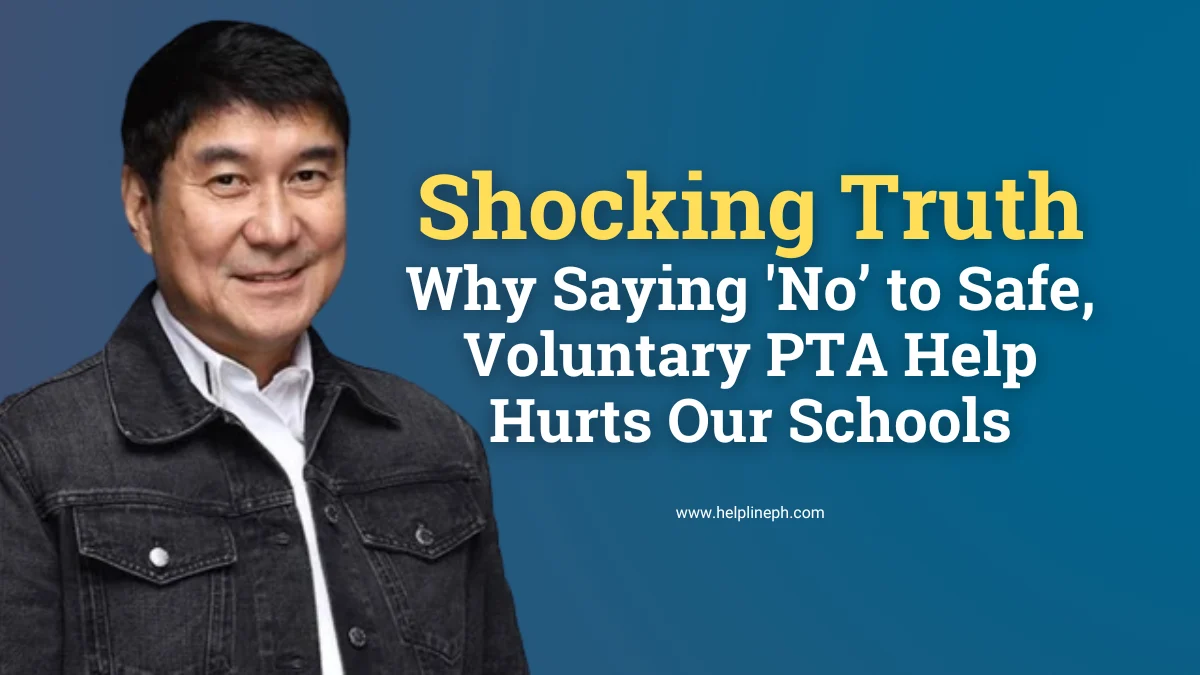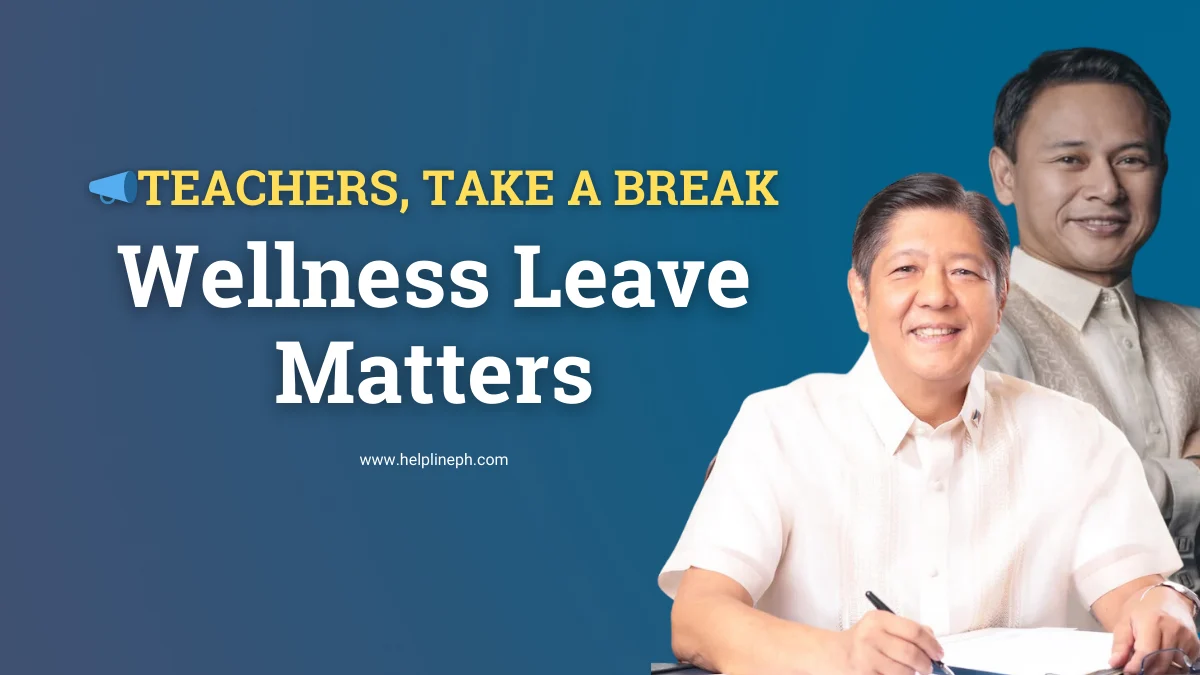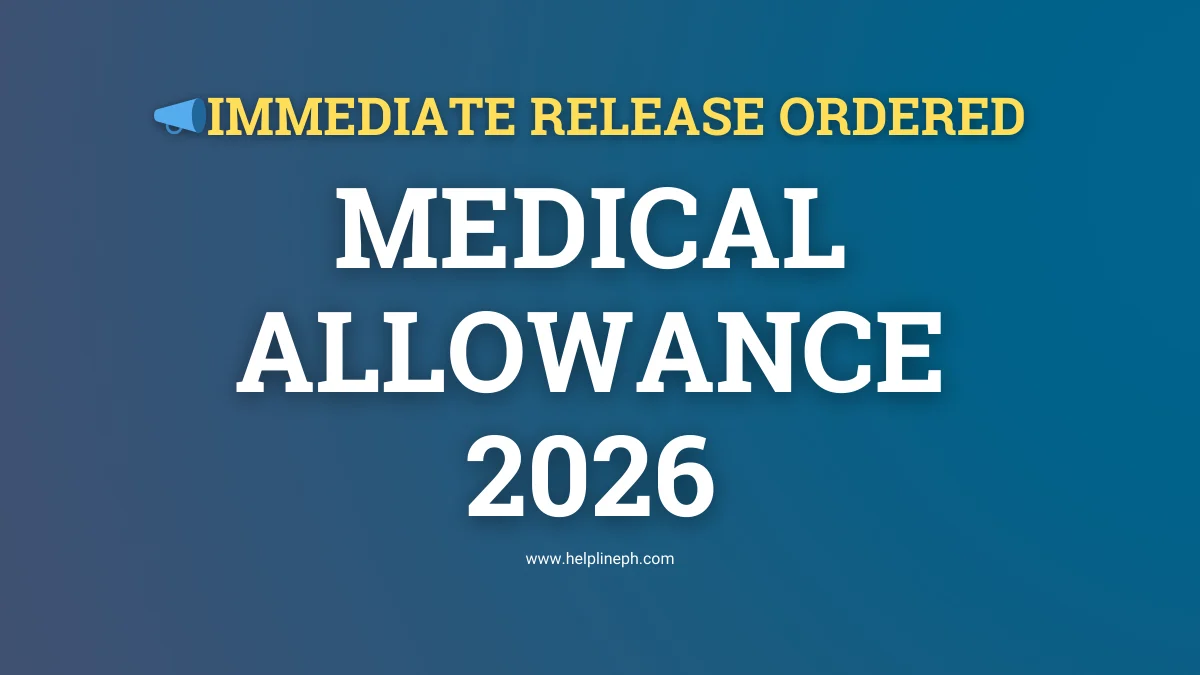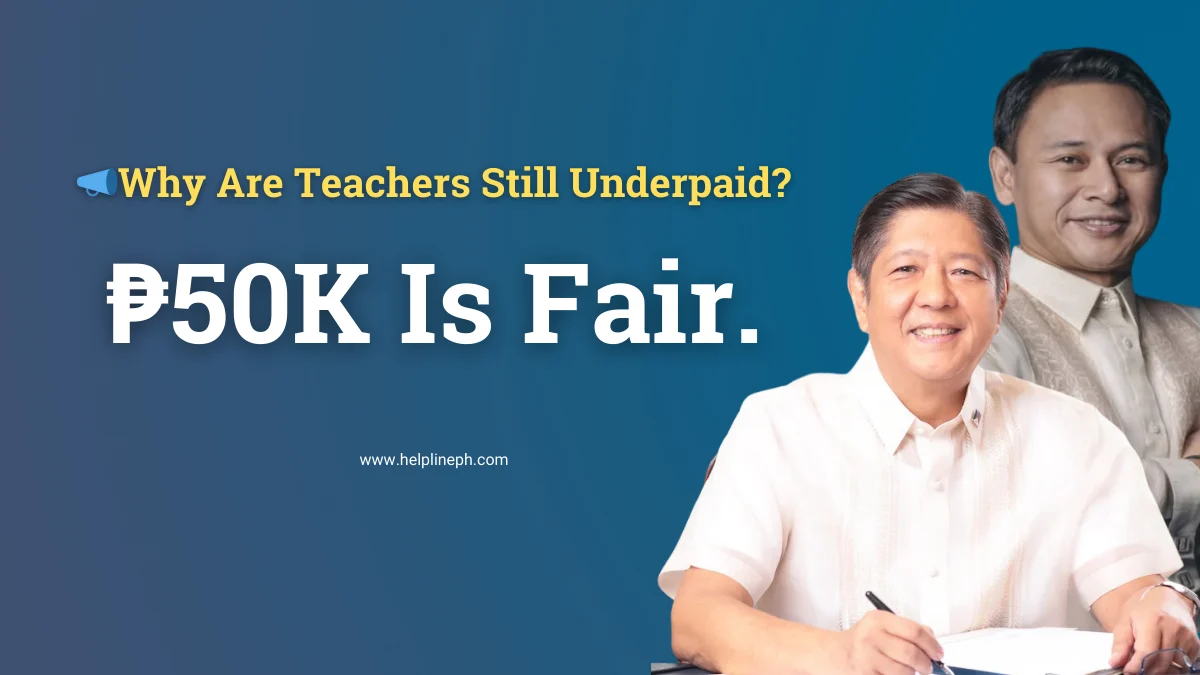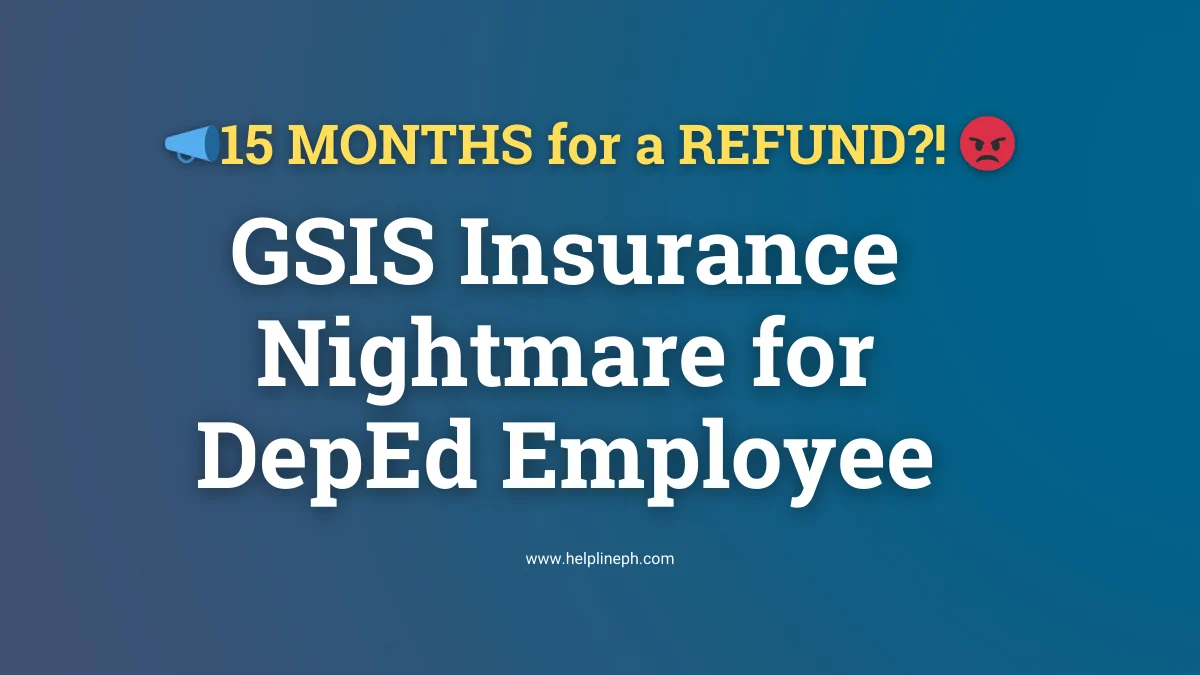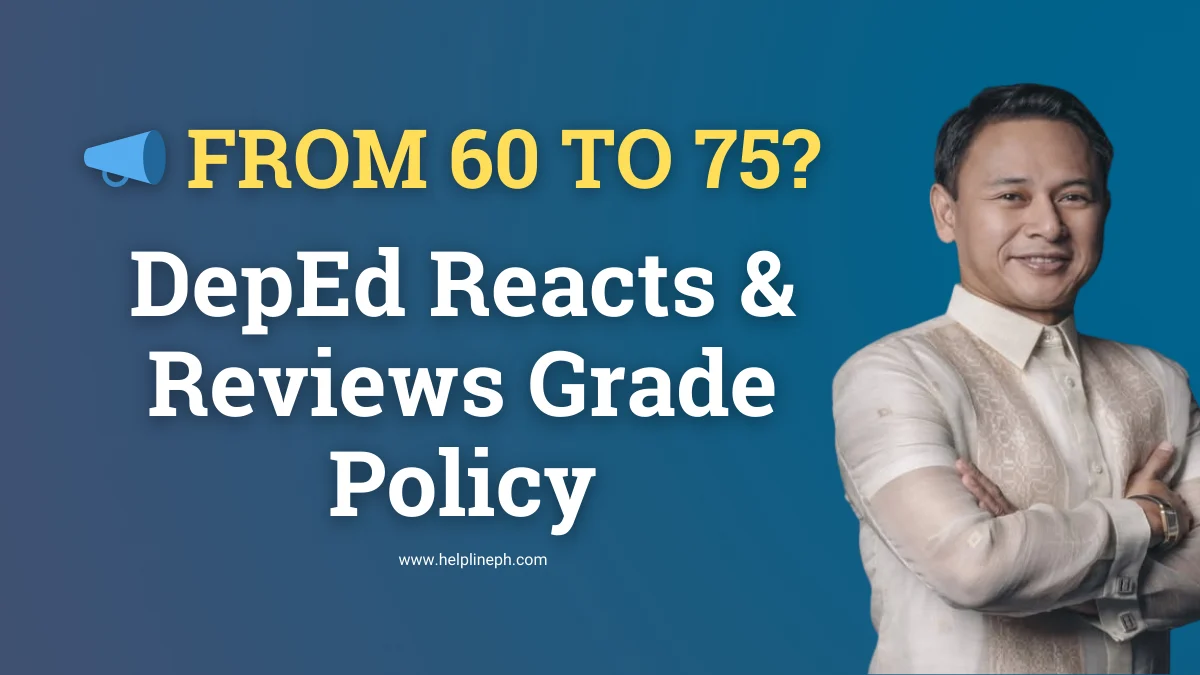PTA voluntary contributions are meant to support learning—but recent headlines have painted them as harmful. I get why Senator Raffy Tulfo opposes mandatory fees. Voluntary giving is different. When education budgets fall short, a small, willing helping hand from parents and teachers can mean the difference between a cool room and a stifling one. Let’s talk about what is really happening.
1. What Did Senator Tulfo Say?
Senator Raffy Tulfo recently called for ending contributions from parents in public schools—from enrollment to supplies—arguing it creates unfair burdens on families.
He even filed Senate Bill 2420, which would ban mandatory fees in elementary and secondary public schools—only allowing voluntary contributions after the first month, and still not as a requirement.
2. Why Voluntary PTA Contributions Happen
Let’s look at why parents and teachers step in:
- Budget shortages are real. When fans break or learning materials run out, government funds don’t arrive right away. There’s no “emergency fund” in the principal’s drawer.
- Voluntary support keeps schools functioning. This help, born from community spirit—or bayanihan—is often the only quick fix for urgent needs like paper, ink, or broken equipment.
3. Why Voluntary Giving Isn’t Abuse
Let me explain why voluntary contributions are different from forced payments:
A. No one is forced to give. PTAs that follow the law make every contribution optional. If a parent says no, no child is penalized.
B. Transparency matters. Funds gathered by PTAs are accounted for with receipts and documentation—just like official school funds.
C. All for the kids. These contributions benefit the learners—not teachers, principals, or PTA officers.
4. The Risk of Over-Reaching Criticism
Calling all PTA contributions harmful sends the wrong message. If we push this logic too far:
- Schools may wait endlessly for delayed budgets.
- Children suffer: classrooms stay hot, chairs remain broken, basic tools go missing.
We need clear separation: extortion vs. community help. Illicit demands must stop—but helping because we care should continue.
5. What’s the Fair Answer?
If contributions are truly to stop, then the only fair path is full funding—down to every whiteboard marker and sheet of bond paper—delivered when schools need them. Until that happens, community efforts matter.
Frequently Asked Questions (FAQs)
Are PTA contributions required by law?
No. Contributions must be voluntary and cannot be tied to admission, grades, or record release—this is mandated by the DepEd’s “No Collection Policy.”
Is there proof parents complained about PTA fees?
Yes. Senator Tulfo cited hundreds of complaints where parents reported being asked for contributions via PTAs
Did DepEd respond to complaints?
Yes. DepEd said they would issue a department order to strengthen the no-collection policy. They also noted MOOE funds exist, though limited in use
What do teachers say?
Teachers’ groups argue that blaming PTAs misses the bigger problem: chronic underfunding of public schools
What exactly does SB 2420 propose?
It would ban all fees for students in pre-school up to Grade 4, anytime during enrollment or the school year. For Grades 5 and up, no fees during enrollment or the first month—but voluntary contributions may follow without pressure
I respect Senator Tulfo’s push for fairness. Families shouldn’t be forced to pay. But voluntary PTA help fills real, immediate gaps—and it’s given with care, not cunning. Until the government fully funds every need, let’s not shame the bayanihan that keeps classrooms livable and learning moving forward.
PTA voluntary contributions—done right—are proof that communities value education and step up when systems fall short.
